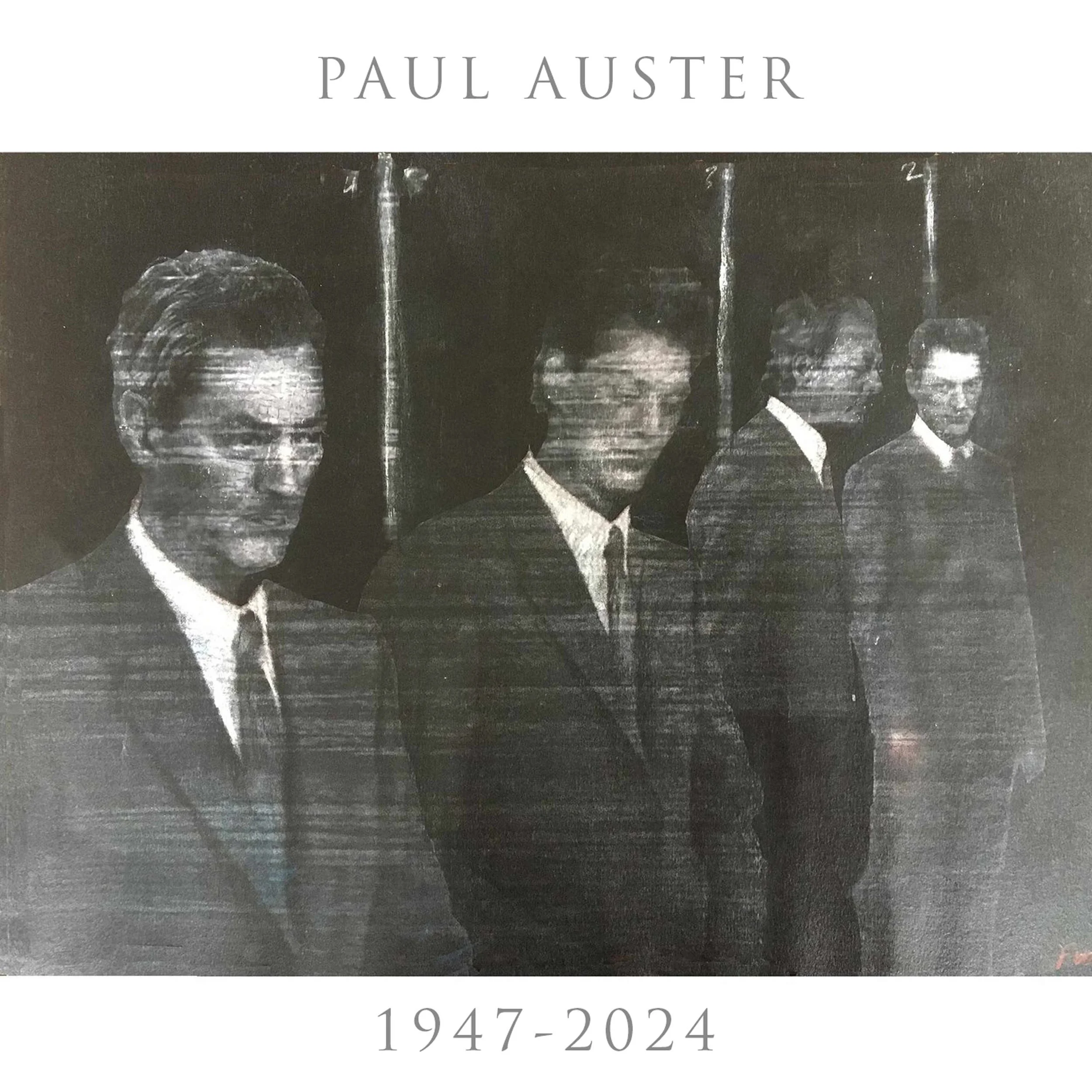Finding the Mother Tree: Discovering the Wisdom of the Forest with DR. SUZANNE SIMARD - Highlights
/Professor of Forest Ecology
Author of Finding the Mother Tree
Think of yourself as a tree. You’ve got neighbours that you live beside for hundreds if not thousands of years, and none of you can move around, so you just have to communicate in other ways. And so trees have evolved to have these ways of communicating with each other, and they’re sophisticated, they’re nuanced. They include things like transmitting information through these root networks that link them together. They transmit information to each other through the air, so they perceive each other, they communicate and then they respond to each other. And that language is complex.


















